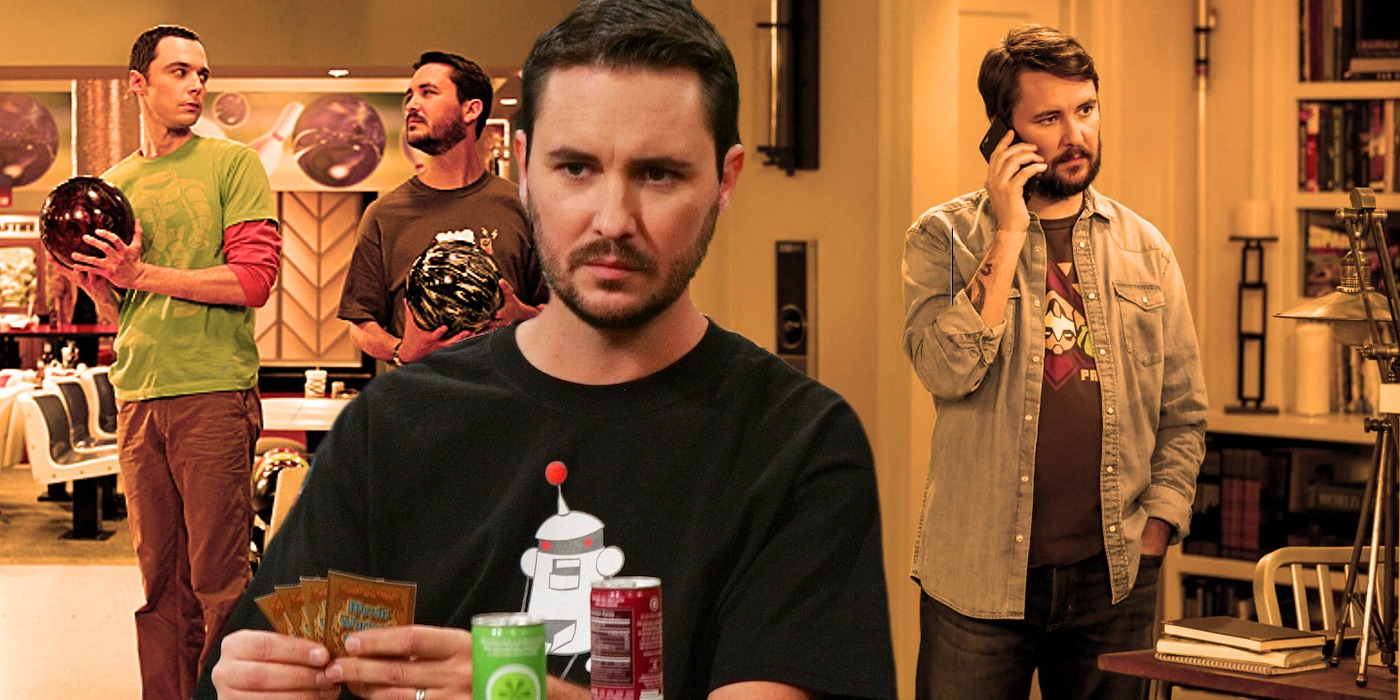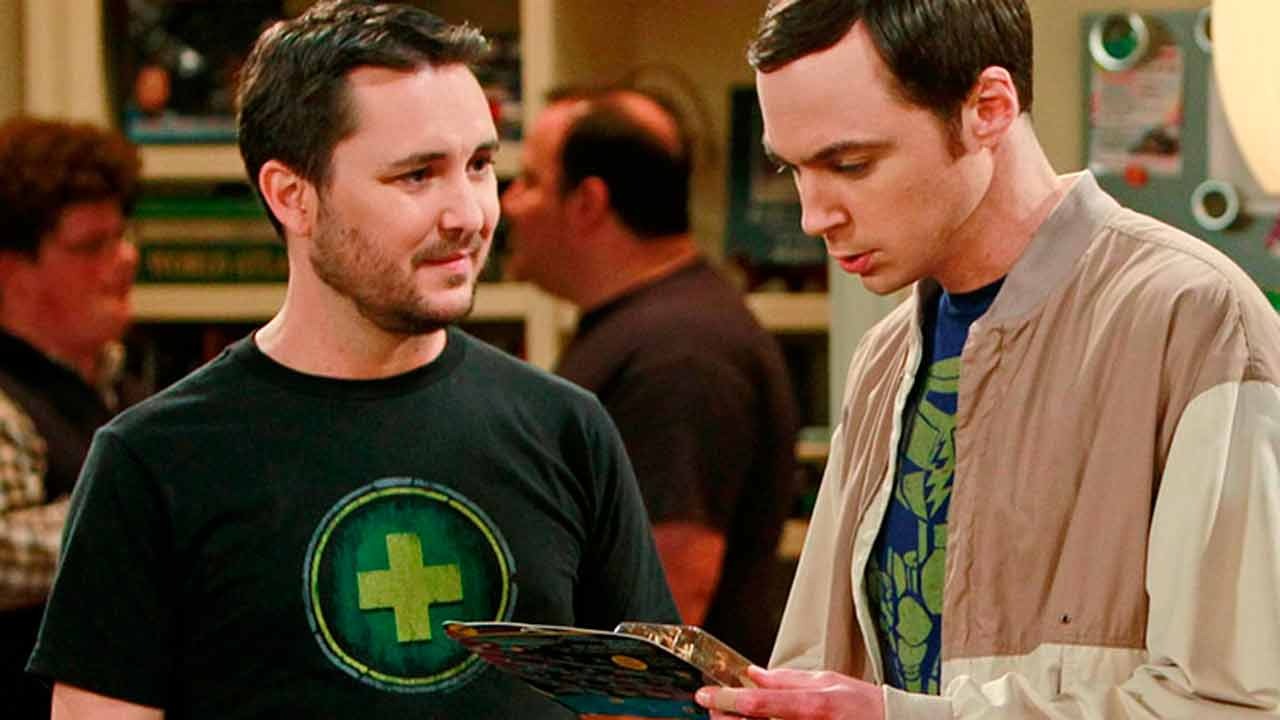
The Big Bang Theory may have indirectly caused a watershed moment in history by normalizing women’s presence in the nerd culture arena.
SUMMARY
– Television and streaming has led to a rise in popularity of sci-fi and comic book adaptations filling our daily dose of entertainment.
– The Big Bang Theory may have directly contributed to more women taking an interest in nerd culture and comic book geekdom.
– Wil Wheaton defends sci-fi and comic books as fields that women have just as much right to claim as their own as men do.
When The Big Bang Theory premiered in 2007, little did the audience know what wonders awaited the next 12 years. Until 2019, Jim Parsons & Co. delivered a story that was pure fun and entertainment mixed with eccentricity. The layers that the sitcom comprised betrayed any false notions of being a boys-only show, instead drawing in audiences from every demography.
Looking back, it is hard to imagine a world that did not have a continuous stream of The Big Bang Theory episodes playing on some screen somewhere in the world. With the rise in its popularity and ubiquitousness, the real world had also grown aware of women joining in on the nerd culture phenomenon.
A Feminine Outlook on the Nerd Culture Phenomenon

For the better part of the last two decades, a major re-evaluation has taken place in the pop culture arena. Spaces that were primarily dominated by men are now being equally claimed by women as well, including sci-fi, nerd culture, and comic geekdom.
However, the increasing number of women joining these spaces did not occur overnight but rather gradually over numerous decades, starting from George Lucas’ Star Wars era (that began in 1977) to the uprising of Marvel and DC in the late 20th and early 21st century.
Beyond the scope of major theatrical films, television and streaming have also covered up for the slack that movies leave behind in their decked release slate. Where one can hope for 1 franchise movie every 2 years, television shows steadily deliver on a weekly basis every year to fill up the void in between.
The Big Bang Theory has only been one of many such projects that have led to the resurgence of nerd culture popularity. The launch of streaming platforms like Max, Disney+, and Paramount+ have allowed franchises such as DC, Marvel, Star Wars, and Star Trek to flourish via multiple shows and limited series – enough to keep one occupied until the next big blockbuster arrives.
The Big Bang Theory Erases a Major Stereotype

In the past decade and a half, women have grown more acquainted with the fields of STEM and comic books due to the increased innovation in science and the rise of the CBM industry in Hollywood. And The Big Bang Theory does a stellar job of representing that through television in a manner never attempted before.
Through the characters of Mayim Bialik‘s Amy Farrah Fowler, Melissa Rauch’s Bernadette Rostenkowski, Sara Gilbert’s Leslie Winkle, Christine Baranski’s Beverly Hofstadter, Aarti Mann’s Priya Koothrapalli, and many more, the show has progressively shown the presence of women in STEM, and in one case, law.
While hosting a panel of writers of The Big Bang Theory at WonderCon 2019, Star Trek actor and Sheldon Cooper’s mortal enemy, Wil Wheaton addresses the subject after a fan brought up the same, saying:
It has been traditionally presumed in nerd culture until roughly 10-12 years ago that this was boys’ stuff and that women were excluded from a lot of these spaces in a really terrible way which was really unfair and unnecessarily gendered.
He goes on to interpret the fan’s question by asking, “Do the writers feel that by including women in these things that we male nerds love, did we help normalize the world that yes, women love these things too, and this is a space for women just as much as it’s a space for men?”
While the conclusive results on that particular question are yet to be decided, it can be safely assumed that there exists a direct correlation between The Big Bang Theory‘s popularity and the real-life increase in women’s interest in the nerd culture phenomenon.
